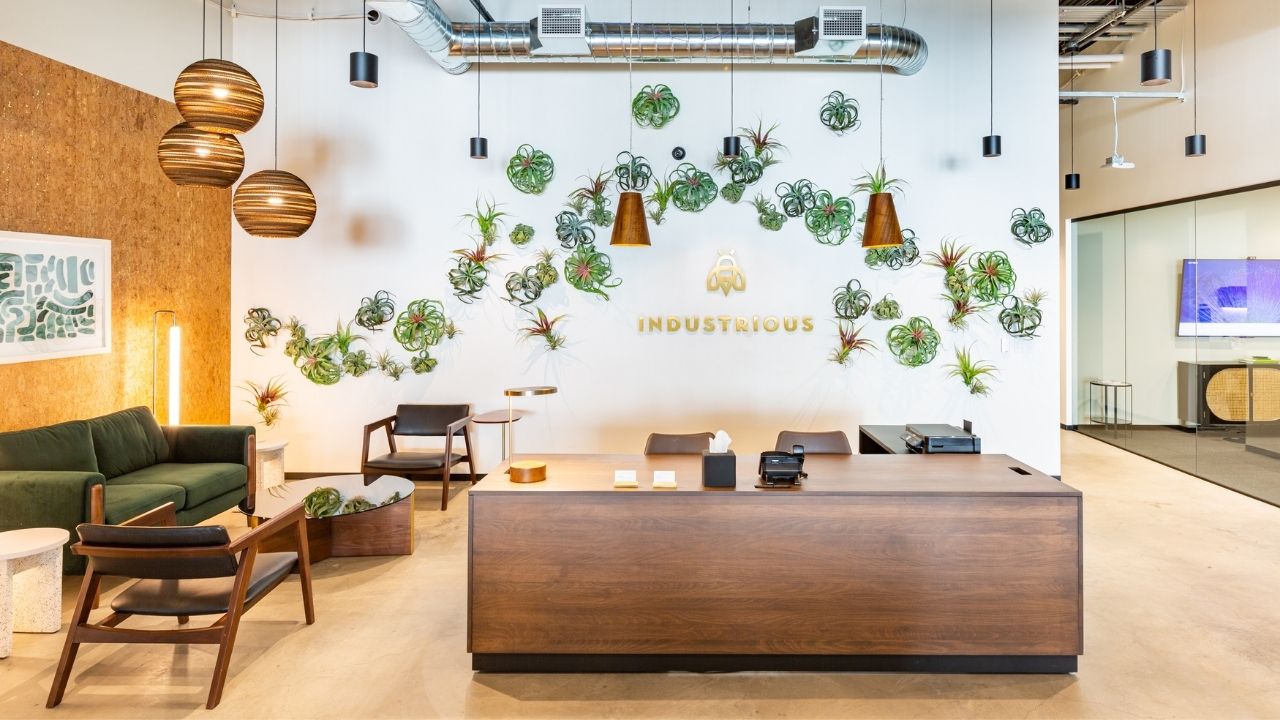Coworking operators that were once experiencing a pandemic-era slump are now reaping the benefits of companies looking for more flexibility and smaller square footage.
Data supports this too. For instance, Industrious reported their best sales week ever during the final week of July. According to CEO Jamie Hodari, this trend may be setting the stage for the future of the entire coworking industry.
Industrious varies from other coworking firms as it signs partnership agreements with landlords, allowing them to work alongside the landlord in creating a shared workspace that benefits both parties.
“Your customer is the occupier and the landlord, and you’re trying to fulfill both their needs simultaneously,” said Hodari. “That’s an advantage in the sense that you can bring everyone to the table and figure out what’s best for everyone. But it also means you have more masters you’re trying to service.”
In terms of the impact that the pandemic has had on the coworking industry, Hodari explained that changes to workers’ preferences and adjustments to workplace strategies have benefited operators.
More specifically, Hodari believes that choice will continue to play a significant role in the world of real estate.
“For anyone that works in real estate, I think they will be surprised that two years from now, they will be seeing an enormous amount of this, a new type of leasing in an individual building,” said Hodari. “There isn’t a generally accepted term for it. The closest thing would be core-flex leasing, where a company signs a lease for a portion of a building, with a right to grow into flex space in the building.”



 Dr. Gleb Tsipursky – The Office Whisperer
Dr. Gleb Tsipursky – The Office Whisperer Nirit Cohen – WorkFutures
Nirit Cohen – WorkFutures Angela Howard – Culture Expert
Angela Howard – Culture Expert Drew Jones – Design & Innovation
Drew Jones – Design & Innovation Jonathan Price – CRE & Flex Expert
Jonathan Price – CRE & Flex Expert











